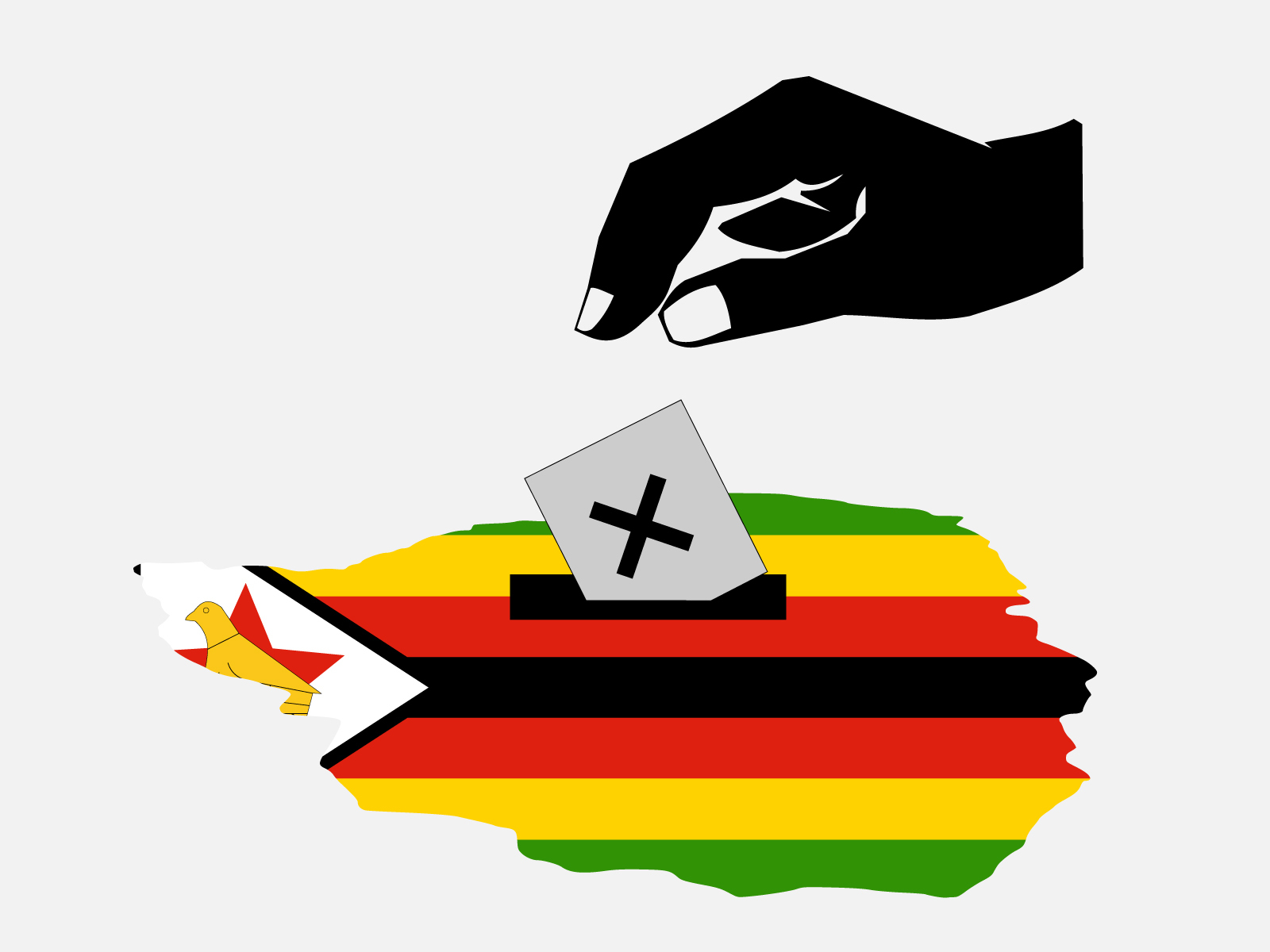On July 12, 2023 Zimbabwe political movement Citizens Coalition for Change (CCC) wrote to the Zimbabwe Electoral Commission (ZEC) seeking clarity over how the poll management authority intended to roll out its postal voting exercise among members of the uniformed forces amid fears of double voting, intimidation and a violation of secrecy of the ballot.
This ZimFact Factsheet focuses on some key questions around the process.
What is postal voting?
Postal voting is provided for under Section 71 of the Electoral Act, which states that registered voters who on polling day will be unable to vote at their polling stations because they will be on official duty are eligible for postal voting.
Persons who may vote by post
Section 72 of the Electoral Act states that, where an election is to be held in a constituency, a person who is registered as a voter on the roll for that constituency shall be entitled to vote by post in terms of this Part if, on all polling days in the election, he or she will be—
(a) on duty as a member of a disciplined force or as an electoral officer; or
(b) on duty in the service of the Government outside Zimbabwe; or
(c) outside Zimbabwe as the spouse of a person referred to in paragraph (b); and so unable to vote at a polling station in the constituency.
Applications for Postal Vote – What does the law say?
Section 73 of the Electoral Act states that applications for postal votes are made to Zimbabwe Electoral Commission’s (ZEC) Chief Elections Officer on a prescribed form.
Applications for postal votes must be sent to ZEC no later than two weeks after nomination day [section 73(2)(c) of the Electoral Act].
An application for a postal ballot paper shall be in the prescribed form; and signed by the applicant and accompanied by a certified copy of the voter’s national registration certificate; and except in the case where the application is submitted (individually or as part of a batch of such applications) by a commanding officer on behalf of a member of a disciplined force.
The applicant must also submit a letter from the applicant’s head of Ministry, head of department or head of station; or the head of Zimbabwe’s Embassy or diplomatic or consular mission in the foreign State where the applicant is employed; stating the capacity in which the applicant is employed by the Government and where the applicant will be employed on polling day or polling days, as the case may be, in the election.
Postal voting logistics
The Chief Electoral Officer must send a postal ballot paper for each election plus envelopes marked with the applicant’s name, voter registration number and the polling station on whose roll the applicant is registered if ZEC is satisfied that a person who has applied for a postal vote is entitled to one.
Postal voters vote by filling in their ballot papers in the same way as voters at polling stations – by putting an X opposite the candidates of their choice.
They must then seal the ballot papers into their covering envelopes and have them sent back to ZEC at least 14 days before polling in the election, to give ZEC time to have them distributed to polling stations.
Offences in relation to postal votes
A person who attempts to induce any other person to obtain a postal ballot paper with the intention of influencing him or her by bribery or intimidation to record his or her vote in favour of a particular candidate shall be guilty of an offence and liable to a fine not exceeding level six or to
imprisonment for a period not exceeding one year or to both such fine and such imprisonment.
In addition to any such punishment, may, if he or she is convicted of that offence by the High Court, be declared by the High Court to be disqualified from voting at any election for a period not exceeding five years.
Sources
Zimbabwe Electoral Act
Veritas
Related material
Do you want to use our content? Click Here












